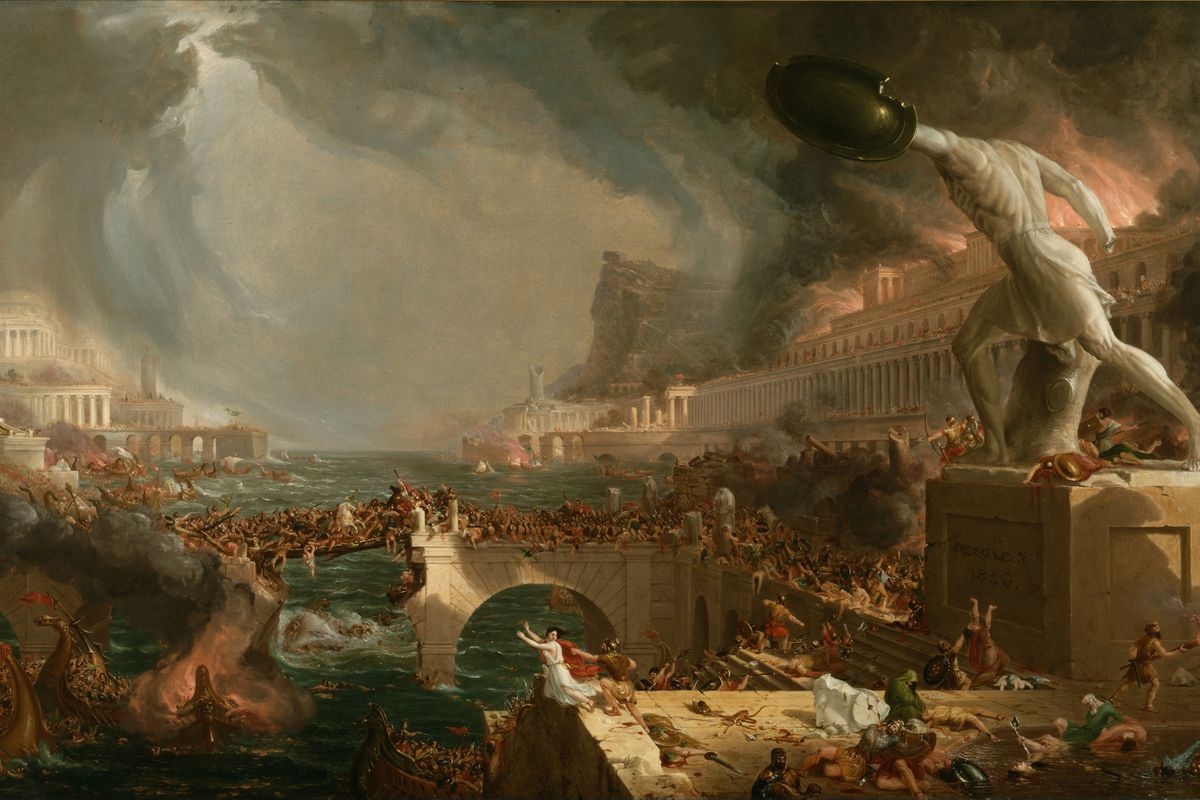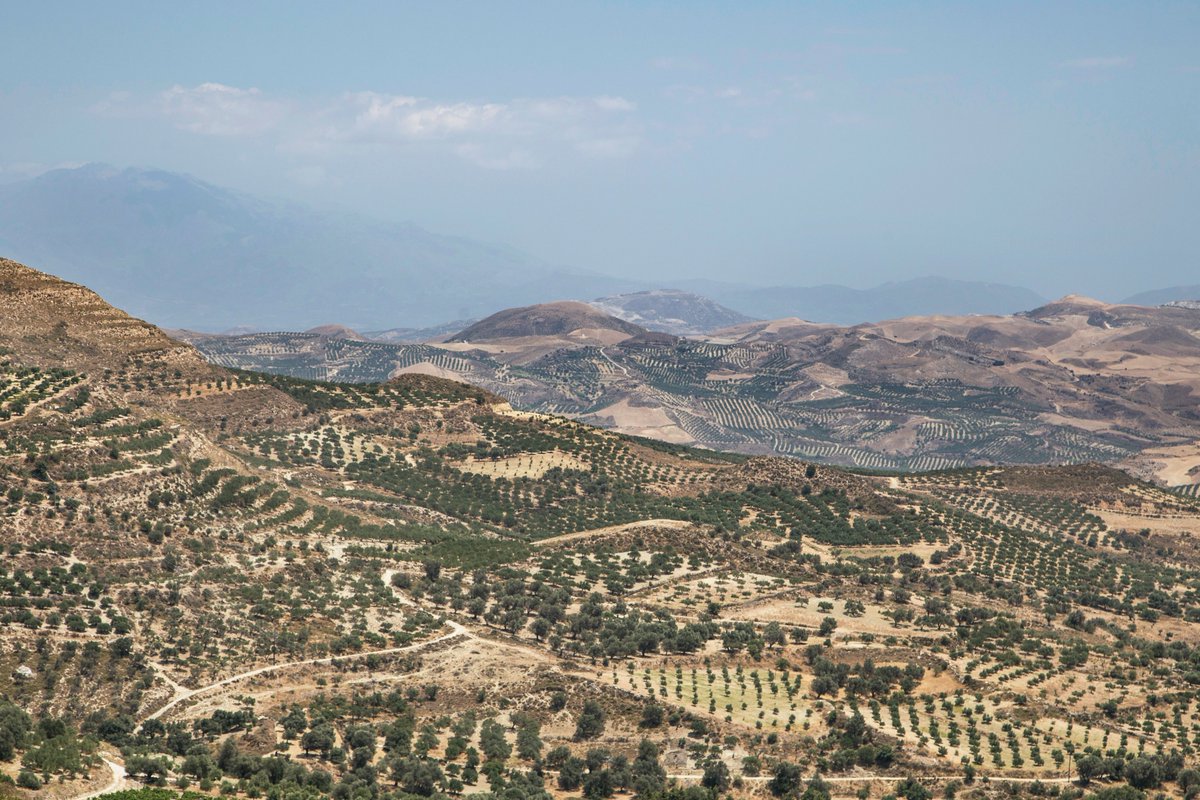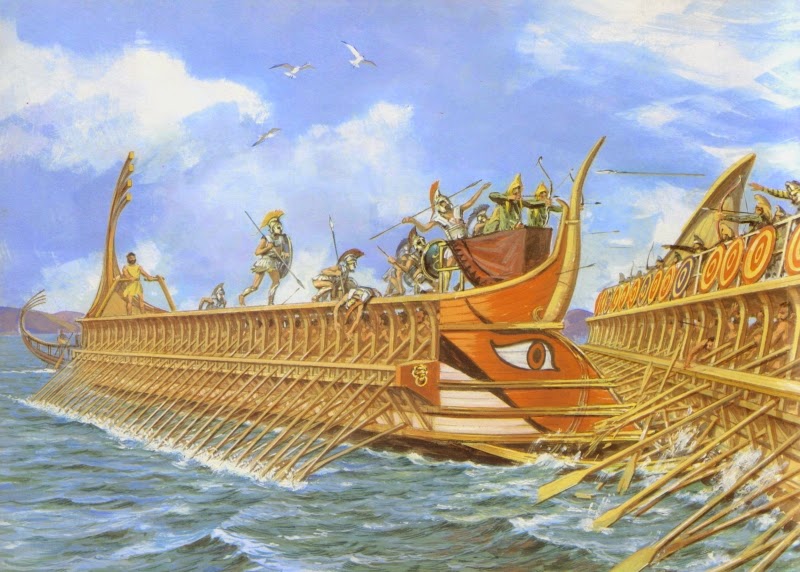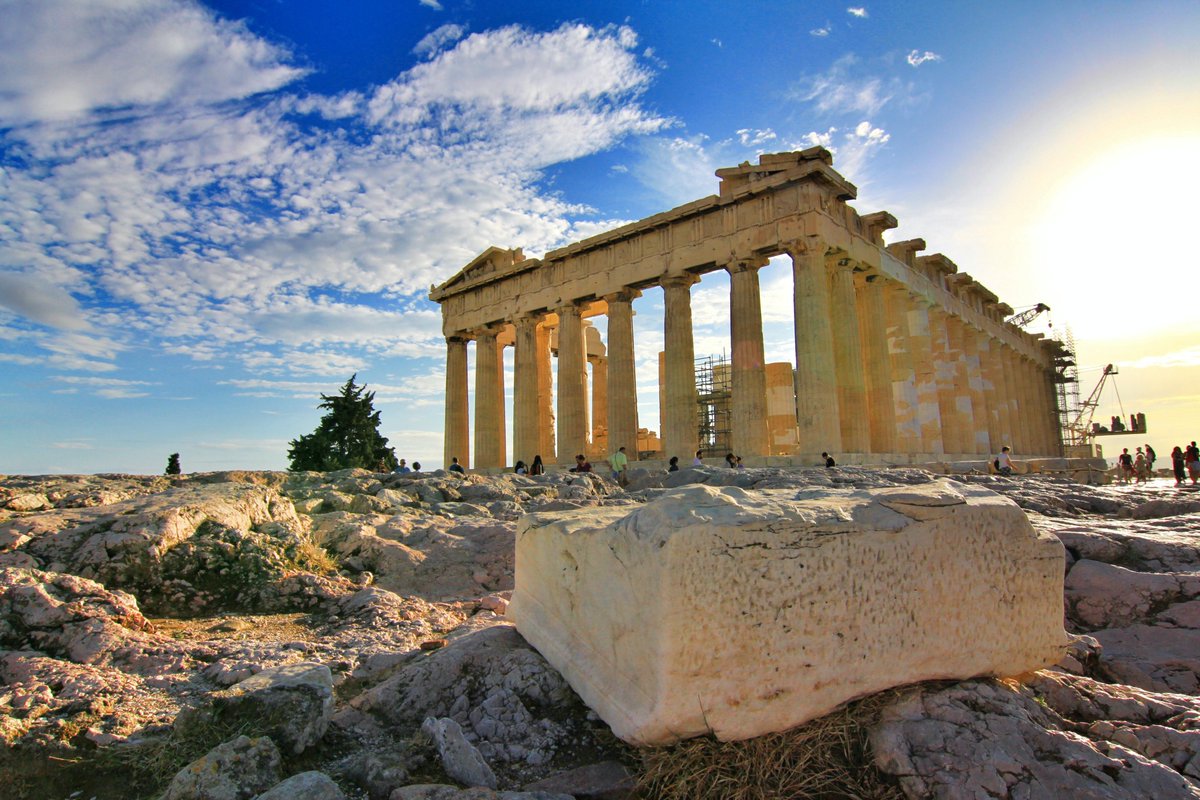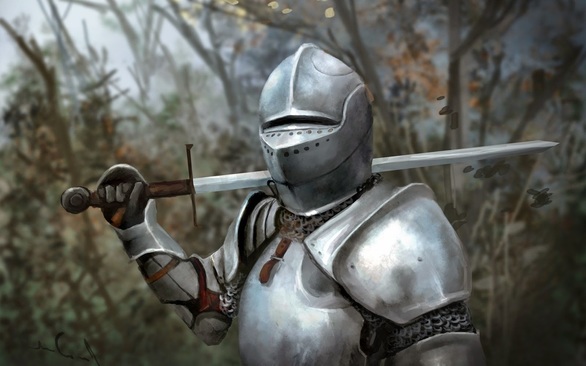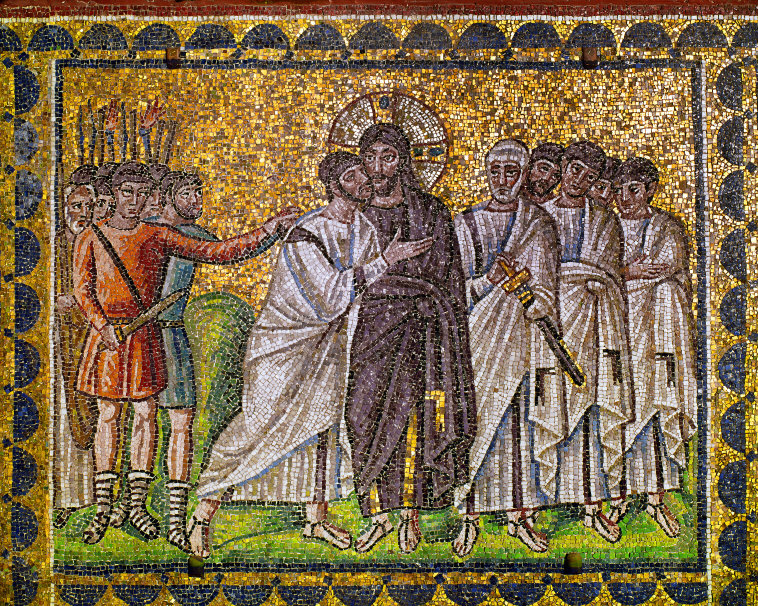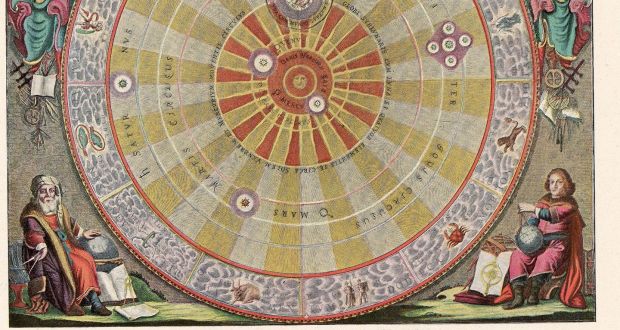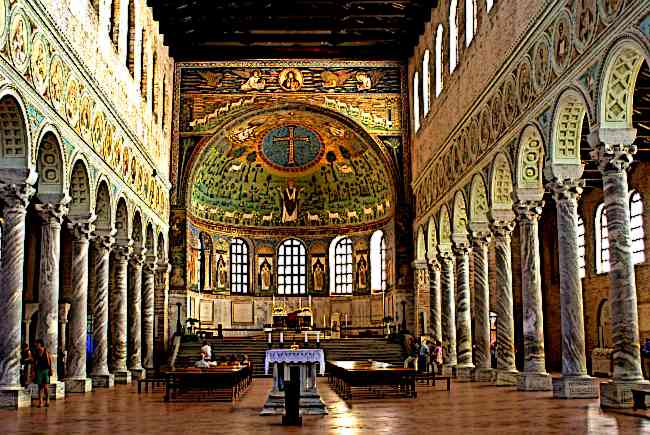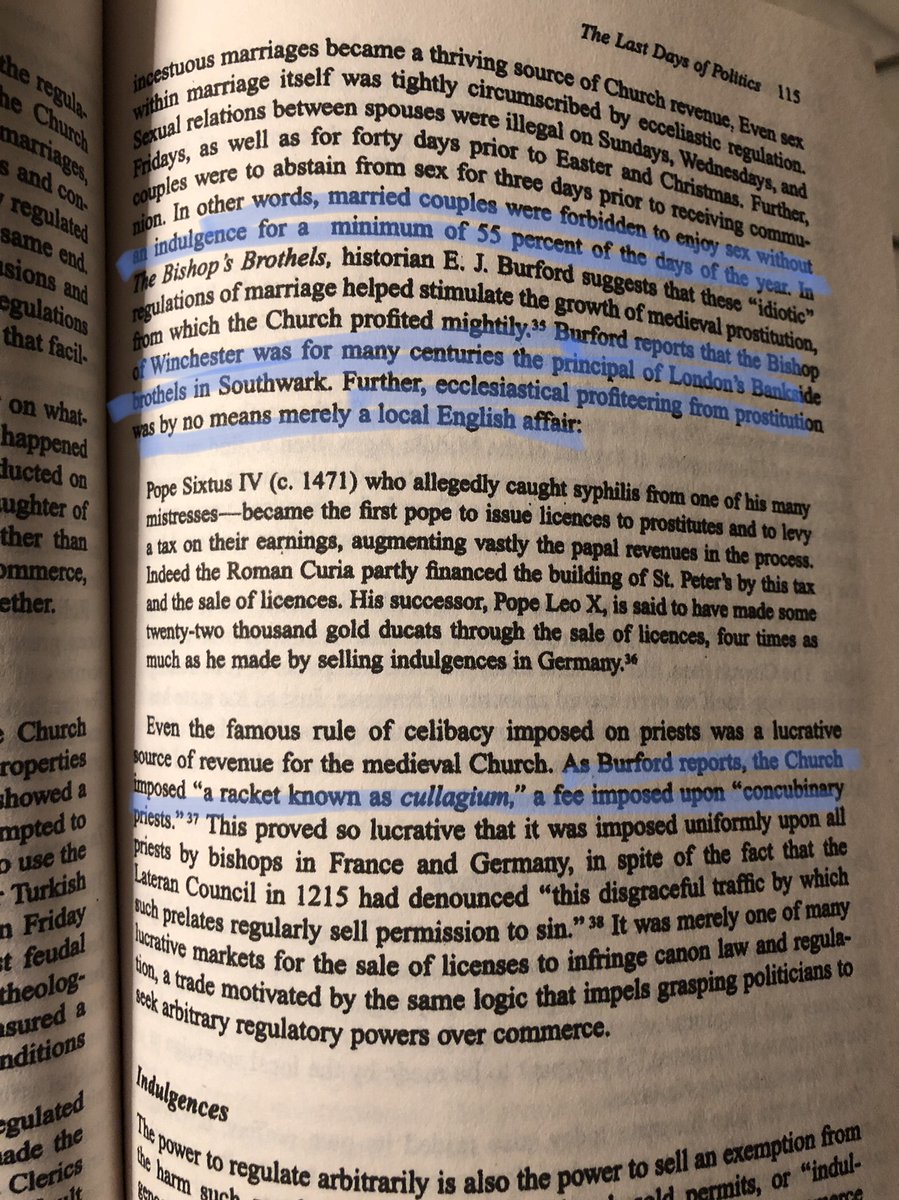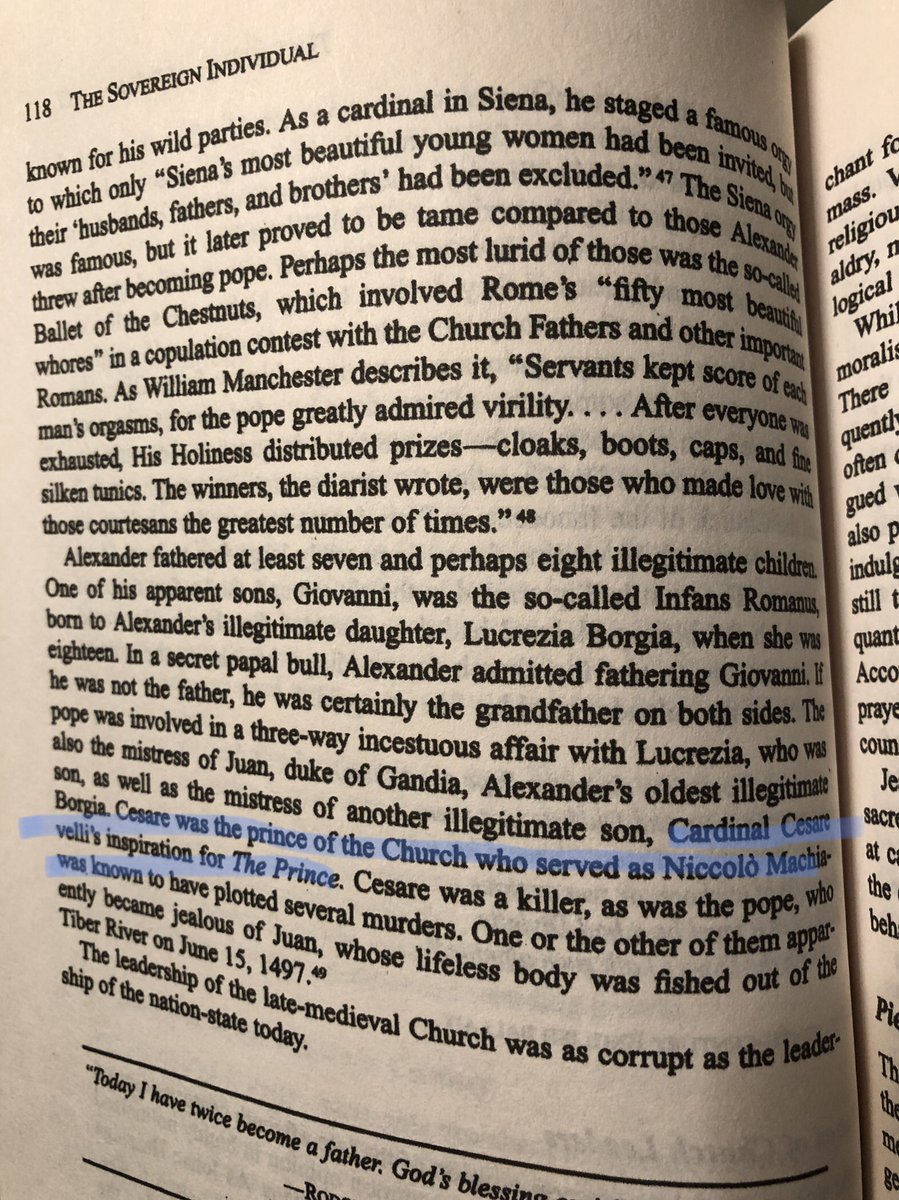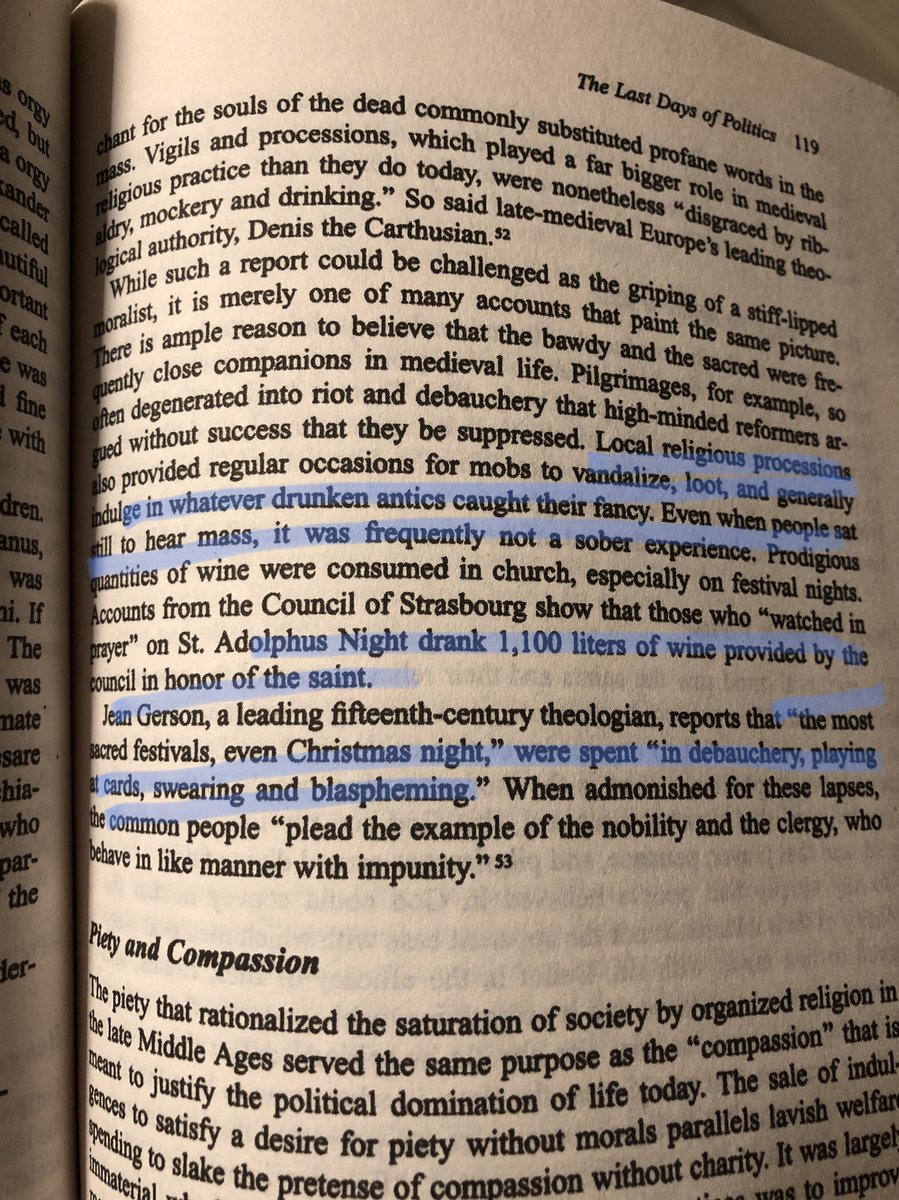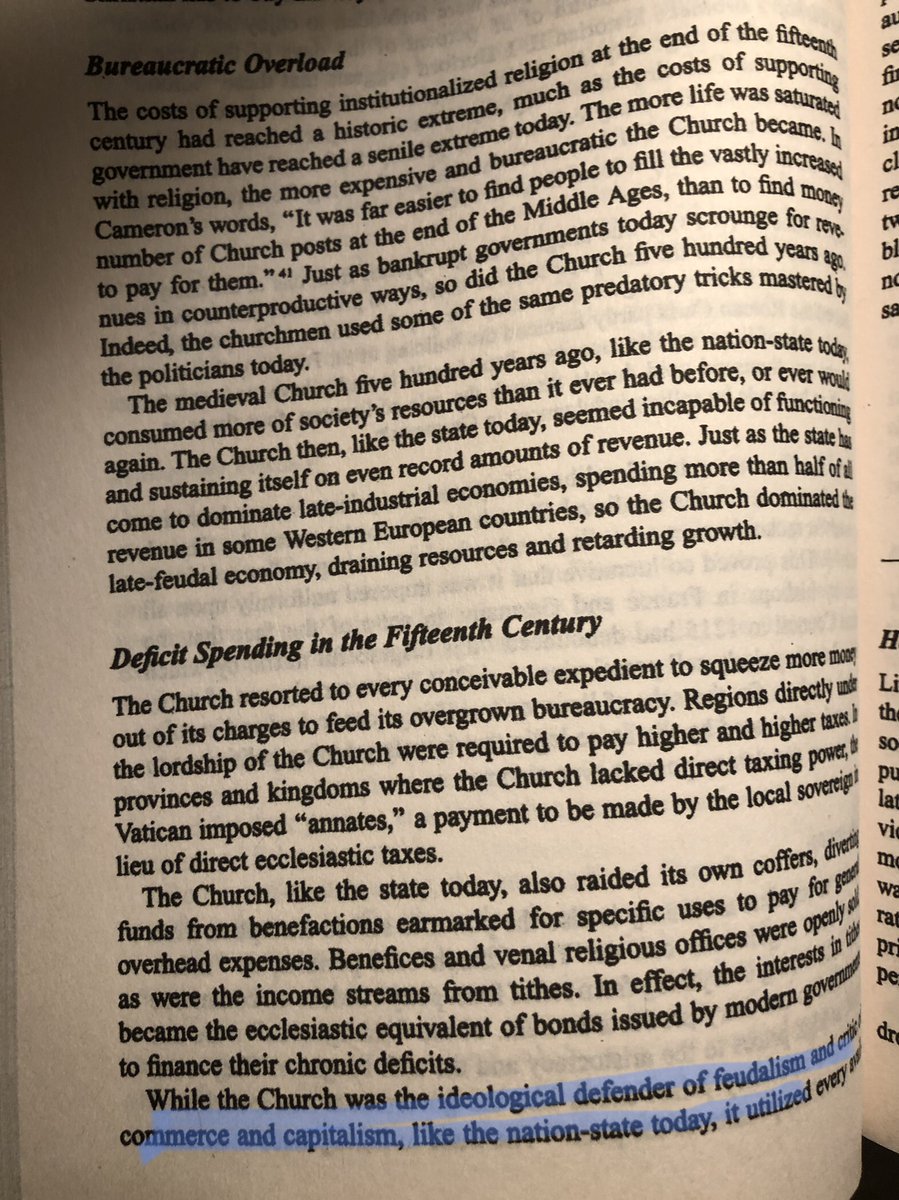A very prescient & pertinent book to our times - The Sovereign Individual.
I thought it was a bit too libertarian & doomer for me at times, but I learned a lot about history, megapolitical changes, and the future fulfilled in front of me
Let's dive in https://amzn.to/2XkYYTp
I thought it was a bit too libertarian & doomer for me at times, but I learned a lot about history, megapolitical changes, and the future fulfilled in front of me
Let's dive in https://amzn.to/2XkYYTp
Written in the late 90s in the shadow of this weird new thing known as "the internet," the authors made some eerily accurate predictions.
The basis for much of their predictions was simply the decentralization of the world due to the internet.
Modern Age Information Age
Information Age
The basis for much of their predictions was simply the decentralization of the world due to the internet.
Modern Age
 Information Age
Information Age
The called these next few decades we live in an era of megapolitical change. Consistent and enveloping change across geographies and over a sustained and long period of time.
Moving at an alternating rapid and slow pace. Causing chaos to norms and churning new winners & losers
Moving at an alternating rapid and slow pace. Causing chaos to norms and churning new winners & losers
The quintessential & cliché Fall of Rome is given by the authors.
As Rome fell, Romans denied it; even centuries later as cities decayed, there was denial.
Why? - Power brokers deny reality till it's too late in order to keep power. Familiar huh?
But why did Rome fall?
As Rome fell, Romans denied it; even centuries later as cities decayed, there was denial.
Why? - Power brokers deny reality till it's too late in order to keep power. Familiar huh?
But why did Rome fall?
An age-old question but we'll get some newer answers:
-High expansion of territory & state but low control of violence/military as soldiers harassed citizens
-Demographic deficit because of Antonine plagues
-Central government's malaise via bureaucracy and corruption
-High expansion of territory & state but low control of violence/military as soldiers harassed citizens
-Demographic deficit because of Antonine plagues
-Central government's malaise via bureaucracy and corruption
Next were the knock-on effects that were the signals of a "megapolitical change":
Falling incomes, cultural revolutions ( ?), hyper-violence driven policies, "moral decay," social chaos, indecisive governance in crisis, and one very special note:
?), hyper-violence driven policies, "moral decay," social chaos, indecisive governance in crisis, and one very special note:
Technological Acceleration
Falling incomes, cultural revolutions (
 ?), hyper-violence driven policies, "moral decay," social chaos, indecisive governance in crisis, and one very special note:
?), hyper-violence driven policies, "moral decay," social chaos, indecisive governance in crisis, and one very special note:Technological Acceleration
Topography enabled many technological revolutions. The Greeks had access to wine/grape plants, a great shoreline for trade, mountainous terrain for city-states, $ inflow allowing Hoplite armament, imperial ambitions by said Hoplites.
An land of churn, commerce, and conquest.
An land of churn, commerce, and conquest.
But what happens in the topography of cyberspace and code?
Hyper-decentralization is proposed as an endpoint.
Now, this is where I do get confrontational with the ideas (super libertarian), but it deserves a fair shot. So I'll mix authors/my views with this thread.
Hyper-decentralization is proposed as an endpoint.
Now, this is where I do get confrontational with the ideas (super libertarian), but it deserves a fair shot. So I'll mix authors/my views with this thread.
We catapult back in time to hunter-gather societies (dw we'll go forward again; this happens a lot in this book lol)
What defined the first men (and women [and xirs])?
Sparse populations roamed lands with little concept of hierarchy, property, gov, vs today (Marxist heaven yes)
What defined the first men (and women [and xirs])?
Sparse populations roamed lands with little concept of hierarchy, property, gov, vs today (Marxist heaven yes)
Tribes usually feature 25-50 people with little stratification, until the Agricultural Revolution.
Farming = sedentary life & specialization villages
villages more sophisticated/specialized violence.
more sophisticated/specialized violence.
Clearly, @narendramodi is passing #FarmLaws to reduce this violence. #ThankYouModiji
Farming = sedentary life & specialization
 villages
villages more sophisticated/specialized violence.
more sophisticated/specialized violence.Clearly, @narendramodi is passing #FarmLaws to reduce this violence. #ThankYouModiji
With sword also came scales and scale as arithmetic became more complex with assets like land, irrigation, pottery for food storage, and eventually taxes (authors believe tax = literally Hitler lol). Those who possessed the most assets or violence (frequently both) became rulers.
"Governments" were created out of coercion, out of violence. Long term planning began and now people would look to the stars to track movements and time as astronomy was born.
The main idea here is how we became so centralized and the vesting of supreme violence in the state.
The main idea here is how we became so centralized and the vesting of supreme violence in the state.
 to the Dark Ages, the shadow of Rome's rule.
to the Dark Ages, the shadow of Rome's rule.The opposite happens, decentralization in a collapsing fashion.
Tech, innovation, art decayed as populations moved or depleted as marauders swept lands and kingdoms fragmented. New farming techniques did pop up with more open land
However, a temporary population boom yielded by better farming broke down as colder weather (bad yields) and better metallurgy/horse tech produced the conditions for raving bands of heavy cavalry raiding lands & peoples.
So the people then donated land to a new institution -
So the people then donated land to a new institution -

The crescendoing Church gave neutral ground between a multitude of fiefdoms, city-states, and independent groups as they formed a stabilizing force by mediating land disputes, enacting public infrastructure spurring tech/science/art, & commerce by commissioning works/goods.
The code of chivalry emerged almost as a quasi-citizenship:
-A chain of oaths between knights, lords, peasants, & Kings provided organization for armies during times of conflict.
-A king would call on knights who call on lords who call on peasants to fight
-Break oath = death
-A chain of oaths between knights, lords, peasants, & Kings provided organization for armies during times of conflict.
-A king would call on knights who call on lords who call on peasants to fight
-Break oath = death
Soon a strange black powder fell upon the grey steel, a new megapolitical change was in vogue just as the old chaotic order was settling.
The ease of guns gave power to peasants to fight back against lords/knights. The high capital cost also gave power/status to merchants.
The ease of guns gave power to peasants to fight back against lords/knights. The high capital cost also gave power/status to merchants.
A second storm arrived at a similar time in Europe - the printing press, in many ways the precursor to the internet.
-Barriers to knowledge
-Monopoly of the Church on scribes/information was annihilated
-Rebellion in thought translated to physical trends
-Barriers to knowledge

-Monopoly of the Church on scribes/information was annihilated
-Rebellion in thought translated to physical trends

 Read on Twitter
Read on Twitter